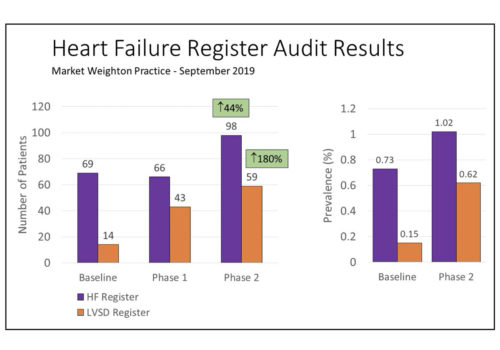Vitamin D deficiency is a prevalent and important health issue that warrants vigilant systematic screening and appropriate treatment and follow-up on the part of physicians, especially those in the primary care and cardiovascular fields. Although vitamin D deficiency has traditionally been associated primarily with bone disease, it is now clear that this is a multi-organ system disease. Epidemiological studies consistently show strong associations between vitamin D deficiency and bone disease, cancer and diabetes. Additionally, epidemiological evidence links vitamin D deficiency with cardiovascular risk factors, cardiovascular disease and mortality. Conclusive evidence to show that vitamin D supplementation improves cardiovascular prognosis is currently lacking, although randomised trials are under way to address this issue. In this article we review the sources and metabolism of vitamin D, the epidemiology of vitamin D deficiency, and the available evidence linking vitamin D deficiency to cardiovascular disease; and we suggest an approach to systematic screening and to treatment of vitamin D deficiency.























